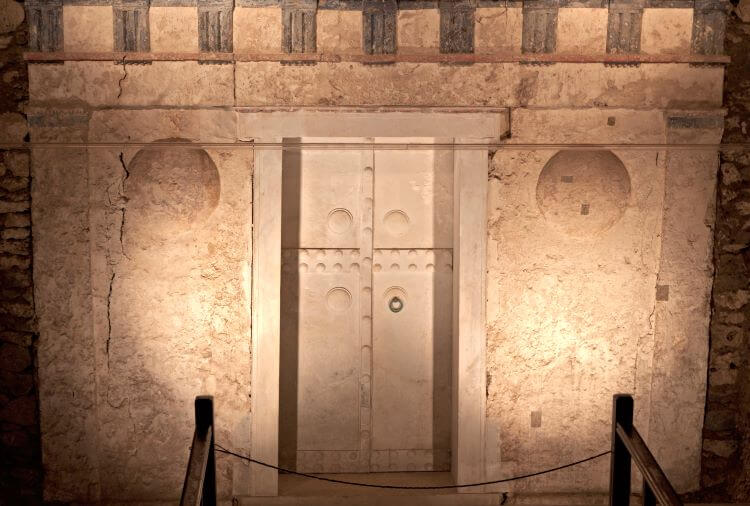“. . . for the believer, fear is always God-forgetful. If God is sovereign and his rule is complete, wise, righteous, and good, why would you fear?” – Paul David Tripp
How do you think God reacts when we are constantly stressed and worried? When I go to him with my troubles, I often find soothing words in the Bible, or I sense his tender care toward me. He responds to our fears, but I found out recently that, at some point, he seems to think we should develop enough spiritual confidence to get beyond fear.
I had been lying in bed worried about stuff (you probably understand). Then I prayed, giving it over to God. And I fell asleep. About two hours later, I was wide awake – thinking about everything that challenged me and assuming the worst possible outcomes.
Before I could even begin to pray about it all (again!), I sensed these words in my head, “Don’t you dare be anxious. After all I’ve done to prove my presence in your life, you have no right, no cause, to be anxious.” Hey, where was that tender touch, that reassurance, that sympathetic response? God was challenging me to grow up spiritually. To learn to really trust him.
Then I remembered when Jesus and the disciples were in a boat and a violent storm came up. When the men called frantically to the sleeping Jesus, he didn’t say “Don’t worry, guys, I’ve got this.” No. He said, “Why are you so afraid? Do you still have no faith?” Kind of what he said to me. He wants us to grow up spiritually. And the true test of that is whether we really trust him or not.
“When I am afraid, I put my trust in you.
In God, whose word I praise-
in God I trust and am not afraid.”
– Psalm 56:3-4a

















































